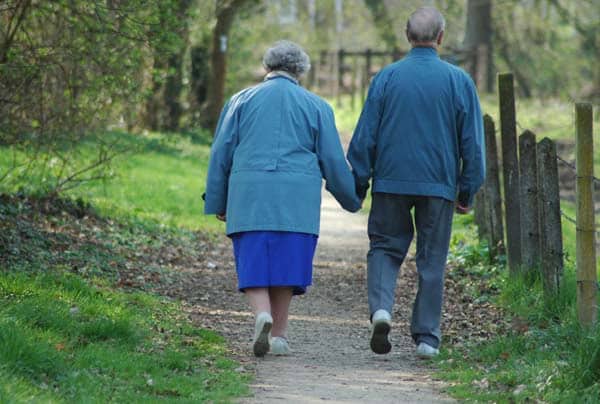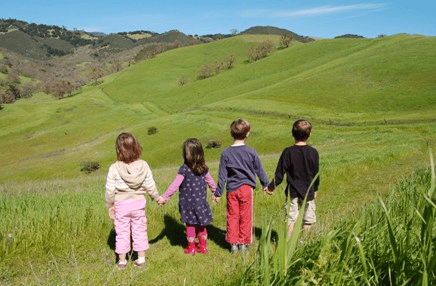Everyone Grieves in Their Own Way
Watching someone you care about go through the early weeks, months, and even years of grief can engender feelings of helplessness in all of us. There are so many times that you wish you could take away their pain and to be able to “do something” to ease their journey. You may even find yourself feeling that they “should” be behaving or reacting differently. Please understand that grief is a process that involves a lot of time, energy, and emotion.
- Grief will effect each person in their own unique way.
- Grievers are profoundly changed by their grief; don’t expect them to be their old self, because they are not their old self.
- Grief will ebb and flow; there won’t be a steady, predictable pattern to their reactions and you may see them oscillate back and forth the between positive memories and pain.
- While it may seem to you that your friend isn’t grieving correctly, remember that there is no one “correct” way to grieve.
- Grievers need to have their thoughts and feelings accepted, not judged.
- Grievers have an innate resilience and will demonstrate their ability to not only survive but thrive and live full, productive lives, although it may take more time than you imagine it will.
Supporting a Friend or Family Member
When someone close to you is grieving, you may wonder what would be most appropriate for you to do or say to support them. Will it upset them if you mention the name of the person who died? Will you seem insensitive if you don’t mention the person? You may soon discover that words that stop a conversation one week may lead to an intimate dialogue on another occasion. Actions that are appreciated now may feel intrusive the next time. You have no way of knowing exactly how what you do or say will be received, but don’t let that stop you from reaching out. There are a variety of ways to demonstrate your caring and thoughtfulness.
- Your presence and acceptance are the most valuable gifts you can offer.
- Attend the wake, viewing, funeral, or memorial service as a way to pay tribute to the person who died and bring comfort to those who are grieving. And continue to call, visit, and remember long after everyone else has gone back to their day to day lives.
- Offer to help out with errands, sit with the mourners, accompany them on a walk, or take them for a drive.
- Share stories and memories of meaningful times you shared with the person who died.
- Convey your caring by making a donation in their loved one’s memory.
- Be there to listen and accept their grief without judgment knowing you can’t fix it for them.
- Whatever you decide to do, remember that it is never too late to show that you care.
Supporting a Child
Children grieve differently than adults and may even appear as if they aren’t grieving at all. They may be reluctant to share their grief with family for fear of upsetting them. They often feel isolated in the school setting where they are reluctant to express their grief, concerned that they will appear different or be teased.
- A grieving parent may be too consumed with their own emotions to tend to the needs of their child. Offer to help them with homework, shop for school supplies and other essentials
- Spend time enjoying activities that will help them be kids in spite of their grief
- Advocate for the needs of the child by sharing information about the support groups and grief camp offered at OUR HOUSE


